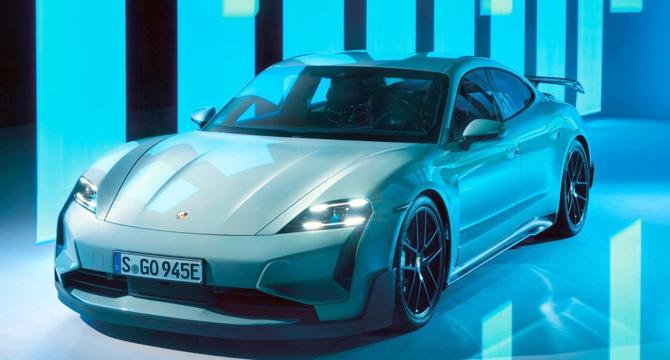Cleanfleetreport
2w
129

Image Credit: Cleanfleetreport
The Future of Car Ownership
- The article discusses how electric vehicle (EV) drivers are changing the way they approach car ownership, focusing on customization, efficiency, and financial strategies.
- EVs offer more than transportation, with features like automatic software updates, personalization options, and connectivity, allowing for continuous improvement without needing to replace the vehicle.
- New ownership trends include subscription-based models, short-term leases, and peer-to-peer sharing, appealing to those valuing flexibility over traditional long-term commitments.
- Instead of trading in vehicles, many EV owners opt for upgrades like battery enhancements, performance software packages, and interior retrofits, both for electric and gas-powered car enthusiasts.
- EVs are changing spending habits by requiring less maintenance, leading drivers to invest in in-car technology, redirect funds to financial goals, adopt eco-conscious spending, and optimize insurance costs.
- There is a cultural shift from ownership to 'user-ship,' with people valuing function over possession, prioritizing sustainability, and engaging in community-driven innovation within the automotive world.
- Younger generations, who value experience over ownership, are driving the shift towards shared and dynamic systems, where cars are seen as a service rather than a status symbol.
- EVs are not just reducing emissions but reshaping car ownership paradigms, promoting sustainability, financial savvy choices, and modern lifestyle alignment.
- The future of car ownership may involve less emphasis on owning a car and more on flexible usage options, potentially leading to a more diverse and conscious way of incorporating vehicles into daily life.
- This shift toward conscious car use, driven by EVs, indicates a future where the idea of owning a car may be redefined, encouraging a more sustainable and aligned approach to transportation and lifestyle.
Read Full Article
7 Likes
For uninterrupted reading, download the app